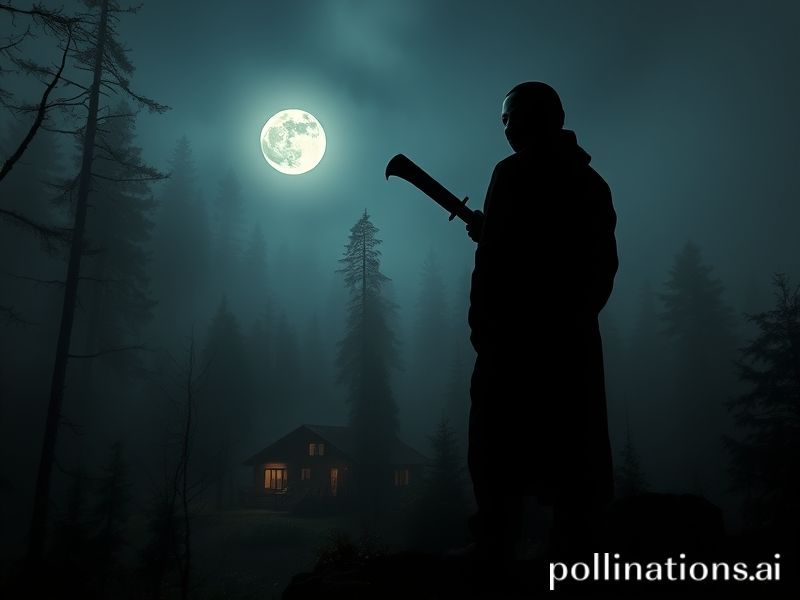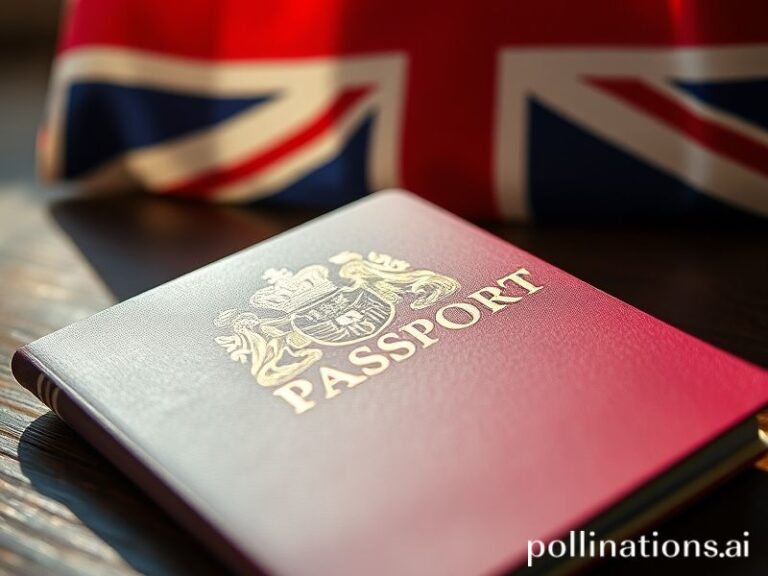Friday the 13th: Why the Internet Can’t Resist the Curse of Bad Luck
**Unlucky in Love: Why Friday the 13th Has the Internet Spooked (and Hooked)**
Ah, Friday the 13th—a day that sends shivers down the spines of the superstitious and has the internet buzzing with memes, jokes, and a collective “oh no, not again!” But why is this particular date causing such a global stir? Let’s dive into the cultural context, social impact, and significance of this spooky spectacle.
**A Brief History of Bad Luck**
First things first, where did this fear of Friday the 13th, or *paraskevidekatriaphobia*, come from? The origins are a bit of a mixed bag, like a witch’s brew of bad luck. Some trace it back to the Biblical Last Supper, where Judas Iscariot was the 13th guest at the table, leading to Jesus’ betrayal. Others point to Norse mythology, where the god Loki crashed a party of 12 gods, becoming the 13th guest and causing chaos. And let’s not forget the Knights Templar, who were arrested on Friday, October 13, 1307—a day that certainly didn’t end well for them.
**The Cultural Context**
Friday the 13th has seeped into our collective consciousness, becoming a cultural touchstone for all things unlucky. From horror movies to memes, this date has inspired a plethora of content that keeps the internet entertained and slightly terrified. The *Friday the 13th* film franchise, starring the iconic Jason Voorhees, has cemented the date’s place in pop culture history. Who can forget the chilling score and the unforgettable jump scares?
**Social Impact and Internet Culture**
In the age of social media, Friday the 13th has become a viral sensation. Every year, the internet erupts with memes, tweets, and posts about the “unlucky” day. People share their own tales of woe, from spilled coffee to missed flights, all in good fun. Hashtags like #FridayThe13th and #Unlucky13 trend globally, creating a sense of community among those who believe in the curse and those who just enjoy the humor.
But it’s not all fun and games. For some, Friday the 13th is a day of real anxiety. Superstitions can have a powerful hold on people, and for those who genuinely fear the date, it can be a source of stress and unease. However, the internet’s playful approach to the day can also serve as a coping mechanism, turning fear into laughter and camaraderie.
**Why It’s Significant**
Friday the 13th is more than just a date on the calendar; it’s a cultural phenomenon that reflects our fascination with luck, superstition, and the unknown. It’s a day that brings people together, whether they’re sharing their worst luck stories or laughing at the latest memes. It’s a reminder that, in a world full of uncertainties, sometimes the best we can do is laugh and embrace the chaos.
**Conclusion**
So, as we navigate through another Friday the 13th, let’s remember that whether you believe in the curse or not, the day is a testament to our shared human experience. It’s a day to laugh, to share, and to maybe, just maybe, avoid walking under any ladders or breaking any mirrors. After all, why tempt fate?







